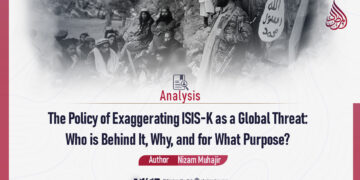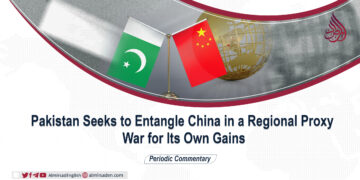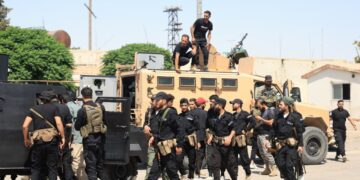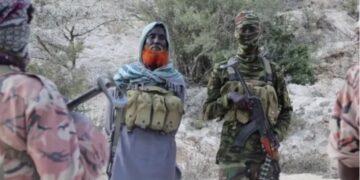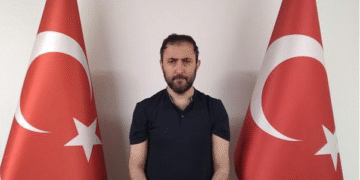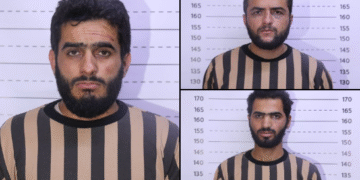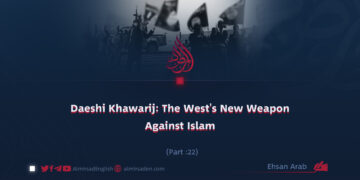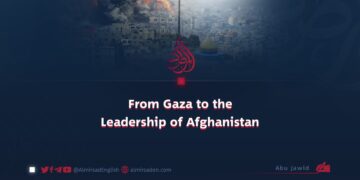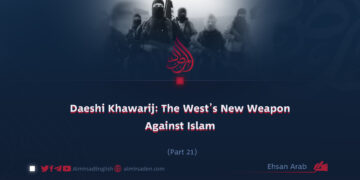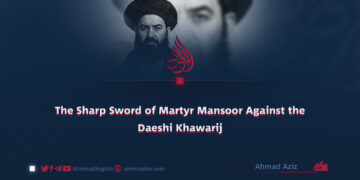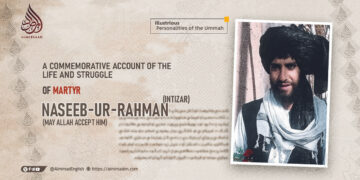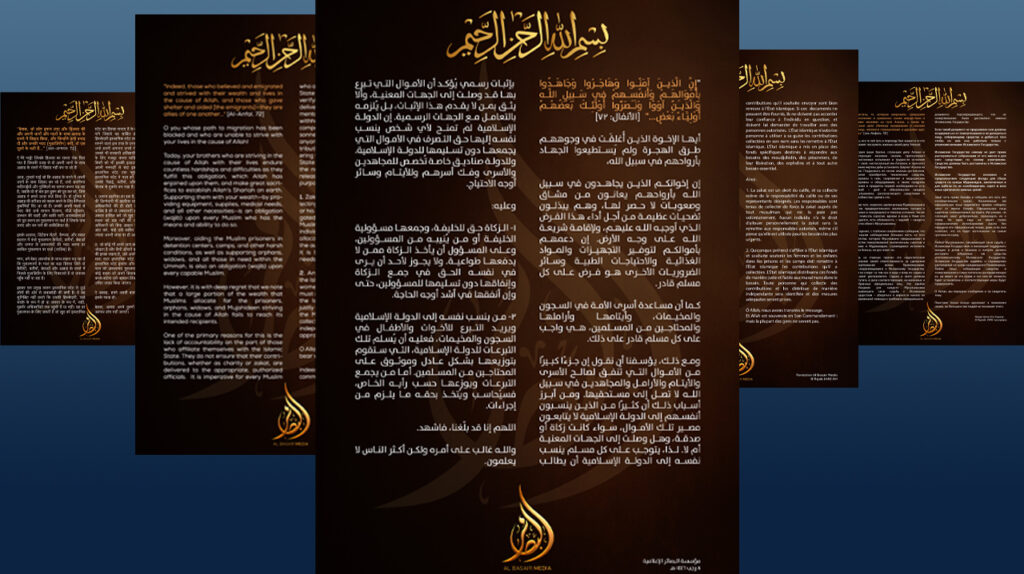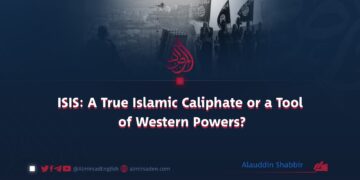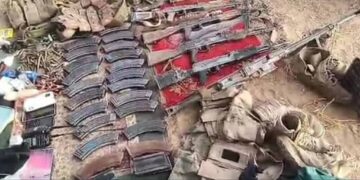On the 8th of the current Islamic month of Rajab, ISIS released multilingual propaganda posters urging their ideological supporters to direct financial contributions exclusively to officials formally appointed by the group.
These posters, produced by a relatively unknown media outlet named Al-Basa’ir, were subsequently translated into French, English, and other major languages by ISIS’s translation wing, Fursan al-Tarjuma, and disseminated through both official and affiliated propaganda channels.
The posters emphasized that financially supporting ISIS is an obligation upon all Muslims. However, they simultaneously acknowledged a growing issue: a considerable portion of the funds collected under the pretense of supporting Mujahideen, prisoners, orphans, and widows is not reaching the intended recipients.
ISIS issued a stern warning that individuals collecting donations and distributing them without proper oversight will soon face accountability. The group signaled its intention to take punitive action against such misuse.
Corruption within ISIS’s financial networks is not a new phenomenon. Diverting funds collected in the name of jihad for personal enrichment has long plagued the group’s financial apparatus. These recent warnings, however, indicate that such corruption has deepened and become more pervasive within ISIS’s ranks.
In March 2022, ISIS publicly accused operators of Afaq—a media group responsible for cyber security within ISIS—of embezzling donations collected in the group’s name. According to ISIS, those funds were used for personal purposes, including establishing a private enterprise.
Following major territorial and strategic losses in Iraq, Syria, Afghanistan, and other regions, Daeshi Khawarij have faced mounting financial difficulties. The release of these posters appears to be part of a broader effort to revive dwindling revenue streams by soliciting donations from sympathizers and supporters.
During the height of its territorial control, ISIS implemented a centralized economic policy in which local provinces were required to allocate 25% of all confiscated assets to the central leadership. These funds were then redistributed to sustain the core organization and support distant branches.
Nevertheless, following multiple defeats in different regions, this system faltered. Currently, ISIS primarily relies on donations from their supporters—through begging—and extortion from the general Muslim population as their primary sources of funding.
The group’s recent propaganda efforts signal not only desperation for funds but also internal unrest and mistrust within its own ranks. The warnings of accountability reflect an attempt to salvage what remains of their fractured financial administration, which has been significantly weakened by corruption and mismanagement.



